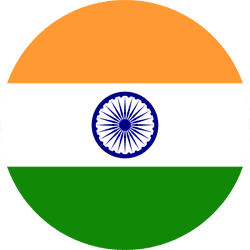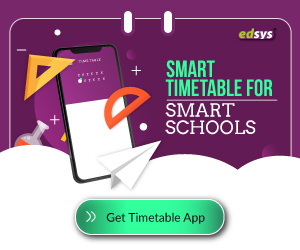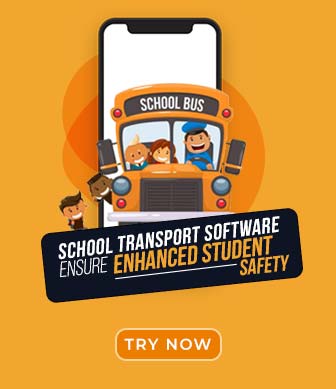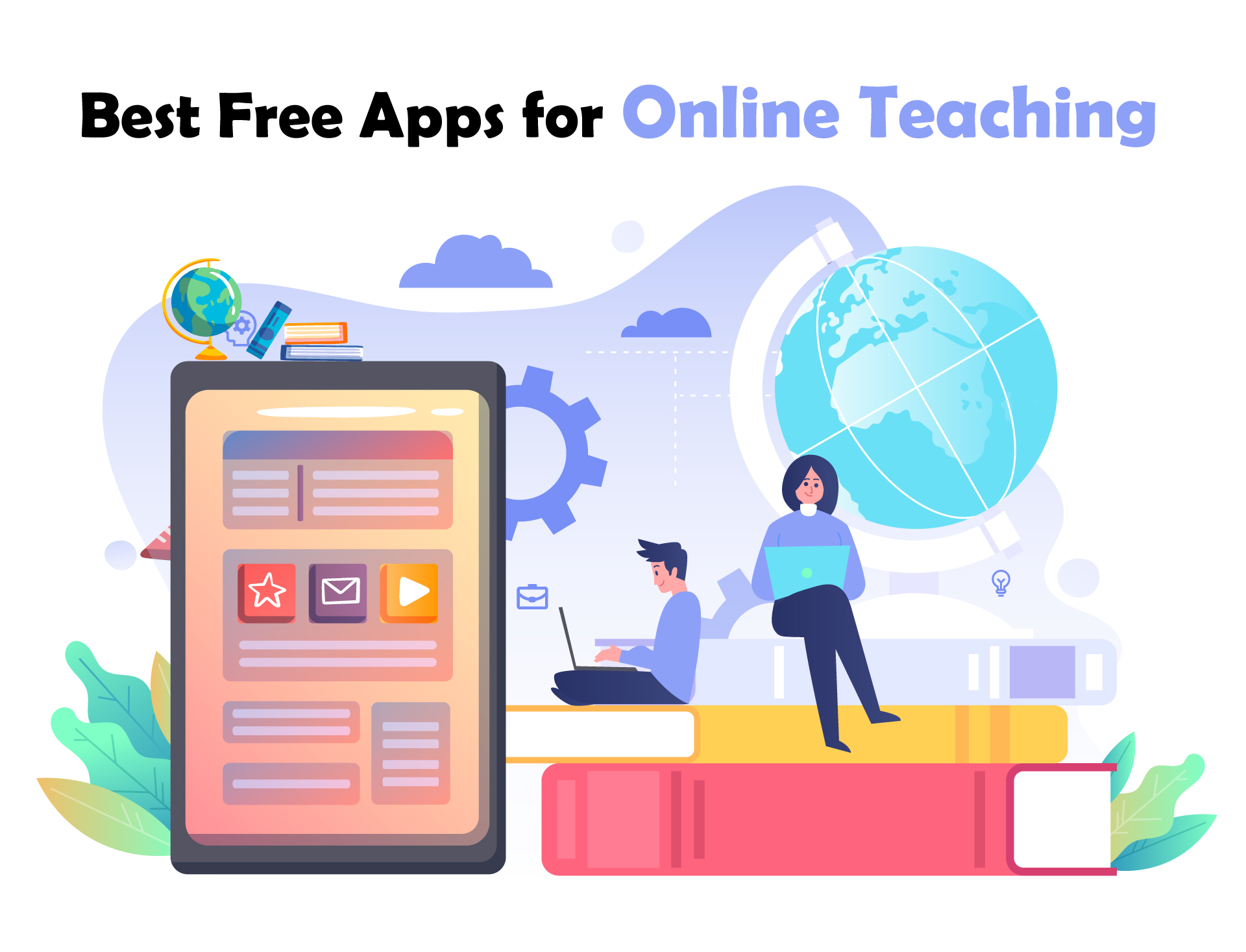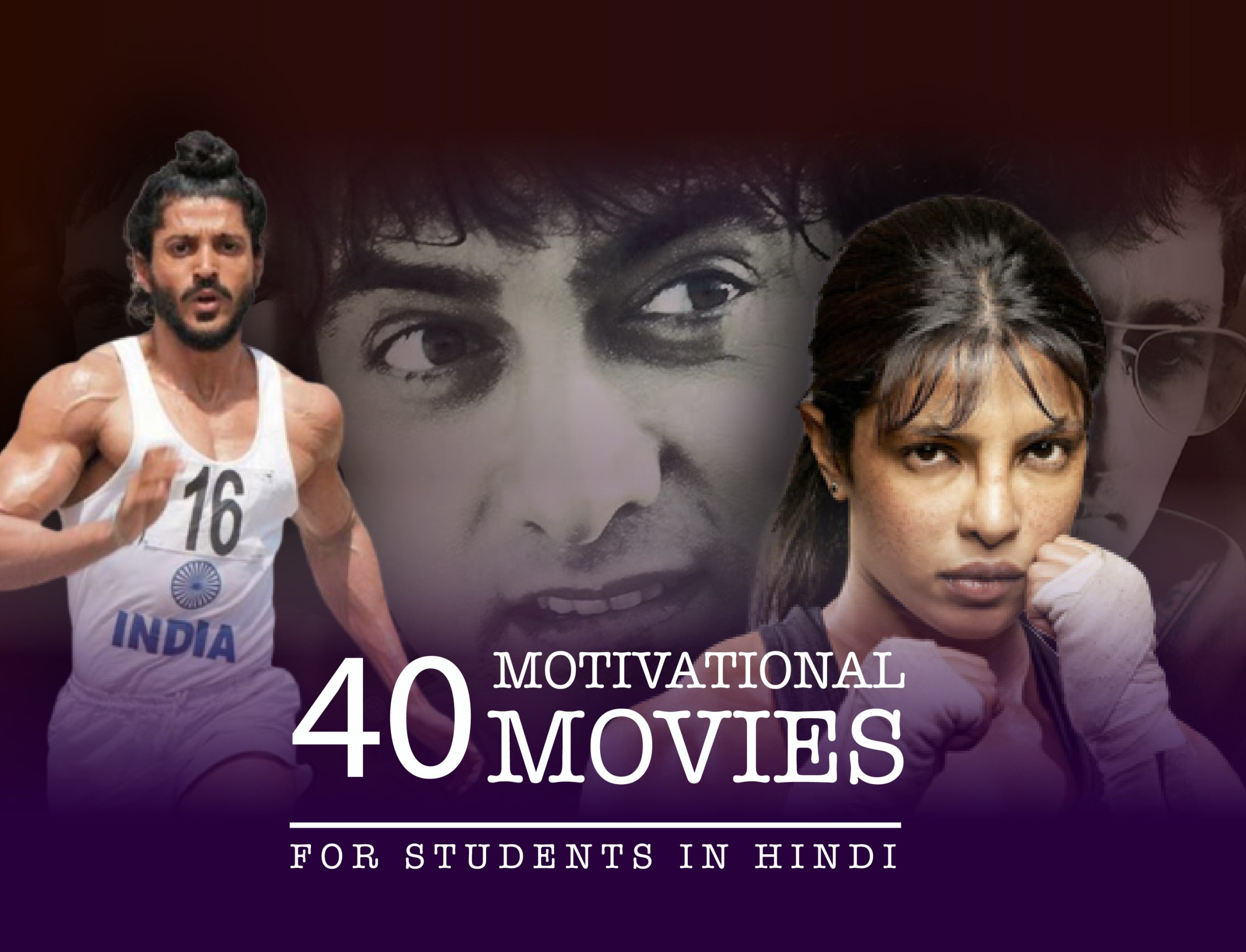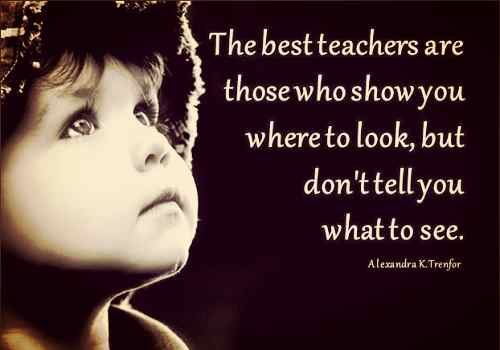Categories(658 Blogs)
Select Category
Watch Right Now
Teacher App - Class
Schedule & Attendance Management App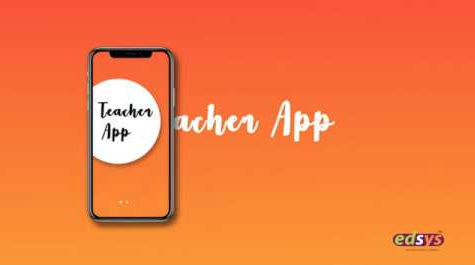
Parent App from Edsys
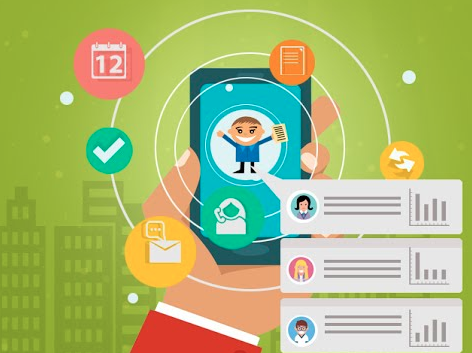
Best School Bus Tracking System
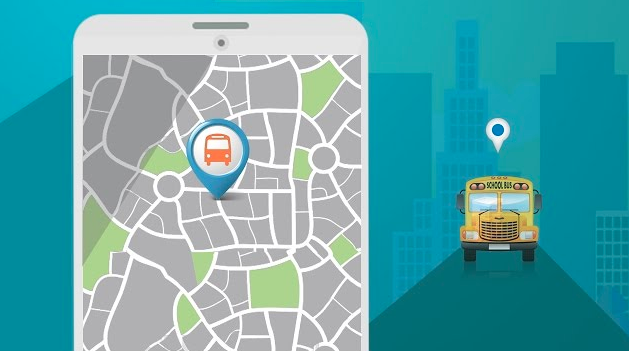
Cashless School - For Smart Schools of Tomorrow
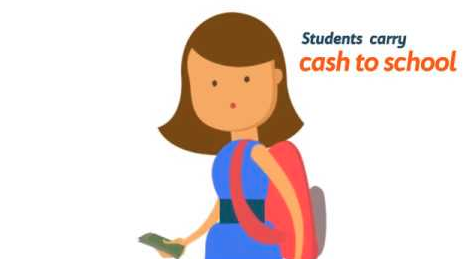

How To Create EYFS Curriculum?
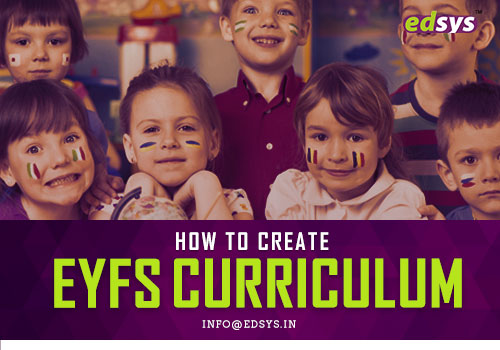
The Early Years Foundation Stage (EYFS) is a comprehensive platform that is ideal for an unparalleled development for any childcare settings from birth to five years.
The first part has to be taken care at home whereas the Reception and nursery is the responsibility of schools.
According to experts, EYFS is a smart compilation of different stages that are very important for their growth as an individual.
The platform they set through EYFS can make a lasting impact for any kid in the way they grow up; their perspectives about life and of course their basic values.
That is why schools have to be very keen when they set up the EYFS curriculum for the next generation.
Are you planning to create the EYFS curriculum for your institution?
Here we are discussing the various stages of a comprehensive EYFS curriculum and the inevitable elements to incorporate in it to make an impact.
1. Communication and Language
This is the preliminary stage of an EYFS curriculum when they can learn the basics of communication and the relevance of a language.
This phase includes the activities to trigger their skills of listening and attention. Include activities to enable children to
- Name and sound the letters of the alphabet
- Listen and say sounds in words
- Hold a pencil correctly
- Understand a story has a beginning, middle, and end
- Write their name
- Begin to write simple sentences
2. Physical Development
This is the stage when a child is taught about the significance of moving and handling of objects around them. In a more detailed scenario, they can have a better awareness of health and self-care.
This stage is more about including activities that enable them to be active and interactive.
Moreover, this is meant to enhance their skills of control, coordination, manipulation, and movement.
This is also about teaching them the relevance of physical activity in daily life in addition to making healthy choices in food.
- Develop skill and confidence in motor movements such as climbing, swinging, running, jumping, and hanging
- Promote and develop their spatial awareness and coordination
- Enable them to control the use of one-handed tools and equipment
3. Personal, Social and Emotional Development
This is the stage when a child learns about making relationships and its importance in their lives.
With activities that trigger personal, social and emotional development, the child gets the medicine of self-confidence and self-awareness.
The ultimate end result of this stage will be their understanding of managing feelings and behavior.
Educators should include experiences and support to help them to
- Develop a positive sense of themselves and of others
- Improve social skills
- Have respect for others
- Build a positive disposition to learn
4. Literacy
Once you enter this stage, the focus will be shifted towards the basic activities for setting a platform for their reading and writing skills.
They can explore it through stories, songs, and poems using a wide range of media.
The phonics area is an inevitable element which encourages and supports kids to trigger their independent learning.
The activities in this phase enable kids to
- Develop linking sounds to letters
- Recognize print in their environment
- Understand the significance of print for communication
5. Mathematics
This is one of the most interesting but challenging phases of an EYFS curriculum when kids are taught about the basics of mathematics.
The basics for the subject needs to be set right or else it might turn out to be one of the most dreadful subjects when they move up higher classes.
The basic phase includes activities to trigger recognition of numbers, shape, space, and measure.
The activities should include
- Counting up to ten and beyond
- Sharing objects into equal groups
- Learn ‘addition’ means adding on, and ‘subtraction’ means taking away
- Creating their own patterns
- Building models and shapes
6. Understanding of the World
This area of learning is meant for kids to explore, learn more and find more about their environment.
Kids should be exposed to solve problems, make decisions, question, predict, experiment, and plan in diverse life scenarios.
This in fact is the science part of the curriculum where kids have practical experience of conducting and exploring experiments and using drawings and charts to showcase the findings.
The activities during the phase will train them to
- Identify features of objects, living things, and events
- Look at similarities, differences, and patterns
- Use their senses
7. Expressive Arts
This phase is more about giving them opportunities to be imaginative and setting a platform for them to share their ideas, thoughts and feelings.
It is important to give them role-play activities and let them experience and explore the possibilities of design, art, and music; dance and technology right from their young days.
This phase is more about encouraging their curiosity, exploration and play. Give them the ultimate freedom to express themselves through various means.
- They sing songs, make music and dance
- Experiment with ways of changing and improving their creativity
- Design and technology enables them to represent their thoughts and ideas
- Schools may even provide specialist teaching in music or dance
In fact, kids are encouraged to lead their own learning and support is given in terms of person, space and materials to trigger this independence.
The ultimate result of a proper EYFS program is smart children who have their own ideas, think creatively and critically, easily make links between ideas and choose their ways to do things.
When a child has undergone effective learning, they have the next level of engagement when he played with what they know, find out and explore more, and shows a willingness to ‘have a go’.
The schools and respected authorities can take an extra step towards building an EYFS curriculum with the best possibilities to develop a generation of smart citizens for tomorrow.
They can help kids to best exploit the chance to develop their understanding and knowledge to secure a foundation for their life later.
Know More: 20 Best Education System in the World
Modern schools are using the best of the options in the curriculum to give them a challenging education which is designed to unlock their potential.
This will enable children to give out their best which makes them fit for the world’s best universities.
Recent Blogs
Our Educational Services
Popular Blogs
Subscribe

SUBSCRIBE TO OUR NEWSLETTER
Sign Up and Recieve the Latest News
Don’t Worry, We Don’t SpamExplore Our Extensive Researched Educational App Directory
Visit Now